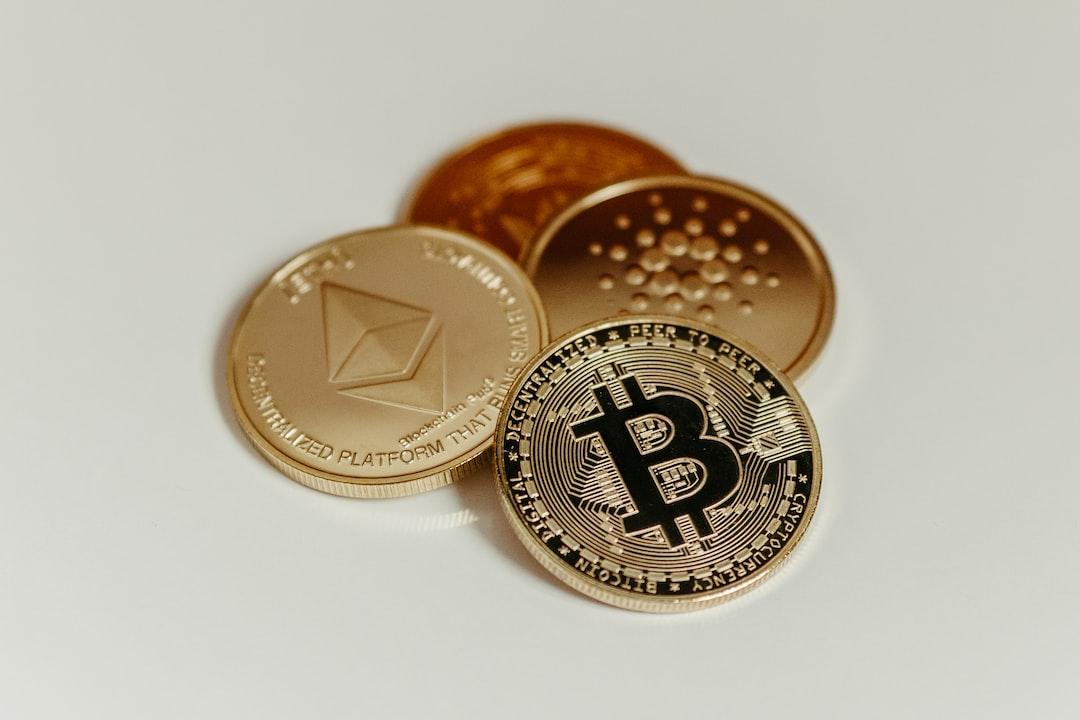Crypto Mining Hardware Sales ‘Triple’ in Russia as Moscow Teases ‘Light Touch’ Regulation
According to Sergey Bezdelov, the head of the Industrial Mining Association, crypto mining hardware sales in Russia have tripled compared to the previous year. He stated that in the fourth quarter of 2024, the demand for industrial mining equipment and services in Russia increased threefold compared to the same period in FY2023. Bezdelov also mentioned that there is high interest in Russian crypto mining projects among foreign market participants, including fellow BRICS member states.
Bezdelov attributed the increased popularity of mining in Russia to recent legal changes. A law that came into effect on November 1, 2024, allows both legal entities and individual entrepreneurs to mine crypto legally if they do not consume more than 6,000 kWh of energy per month. Individuals can mine crypto without being included in a state-run register as long as they stay within the electricity consumption threshold. However, if they exceed this threshold, they must register as an individual entrepreneur and apply for inclusion on the register.
At present, the register only requires companies and individuals to submit data on transactions and energy consumption. However, it is highly likely that any miner using more than 6,000 kWh will soon have to pay tax on their earnings, as the body that controls the register also operates Russia’s taxation system.
Previously, crypto mining was in a legal gray zone in Russia. However, since November, Russian law recognizes it as a form of entrepreneurship. While most domestic miners focus on Bitcoin, evidence suggests that many Russian home-based miners prefer Ethereum. Litecoin is also popular among a smaller group of Russian miners.
In the past, Russian mainstream media outlets spoke about crypto with scorn, and the Central Bank attempted to crack down on crypto. However, President Vladimir Putin spearheaded a crypto pivot last year when he began speaking positively about crypto mining. Putin has encouraged parts of Russia with surplus energy to mine crypto, despite some energy-poor areas imposing bans on mining until 2031.
The Industrial Mining Association claims that the Russian Treasury could earn over $500 million per year from taxing crypto miners. Some speculate that Russia’s desire to become an AI powerhouse has inspired Putin’s crypto pivot. Bezdelov advised Russian qualified investors to allocate up to 5% of their portfolios to mining services and digital currencies.
In addition, Anatoly Aksakov, the Chairman of the State Duma’s Committee on the Financial Markets, has allowed for the possibility of softer regulation for domestic companies using crypto to avoid US, UK, and EU-led sanctions. Aksakov stated that crypto market players are complaining of over-regulation in the Central Bank’s sandbox and suggested the need to simplify the turnover of cryptocurrencies to facilitate successful market development. Aksakov mentioned the possibility of moving toward a softer regulatory position after launching an experimental sandbox to test existing standards.

